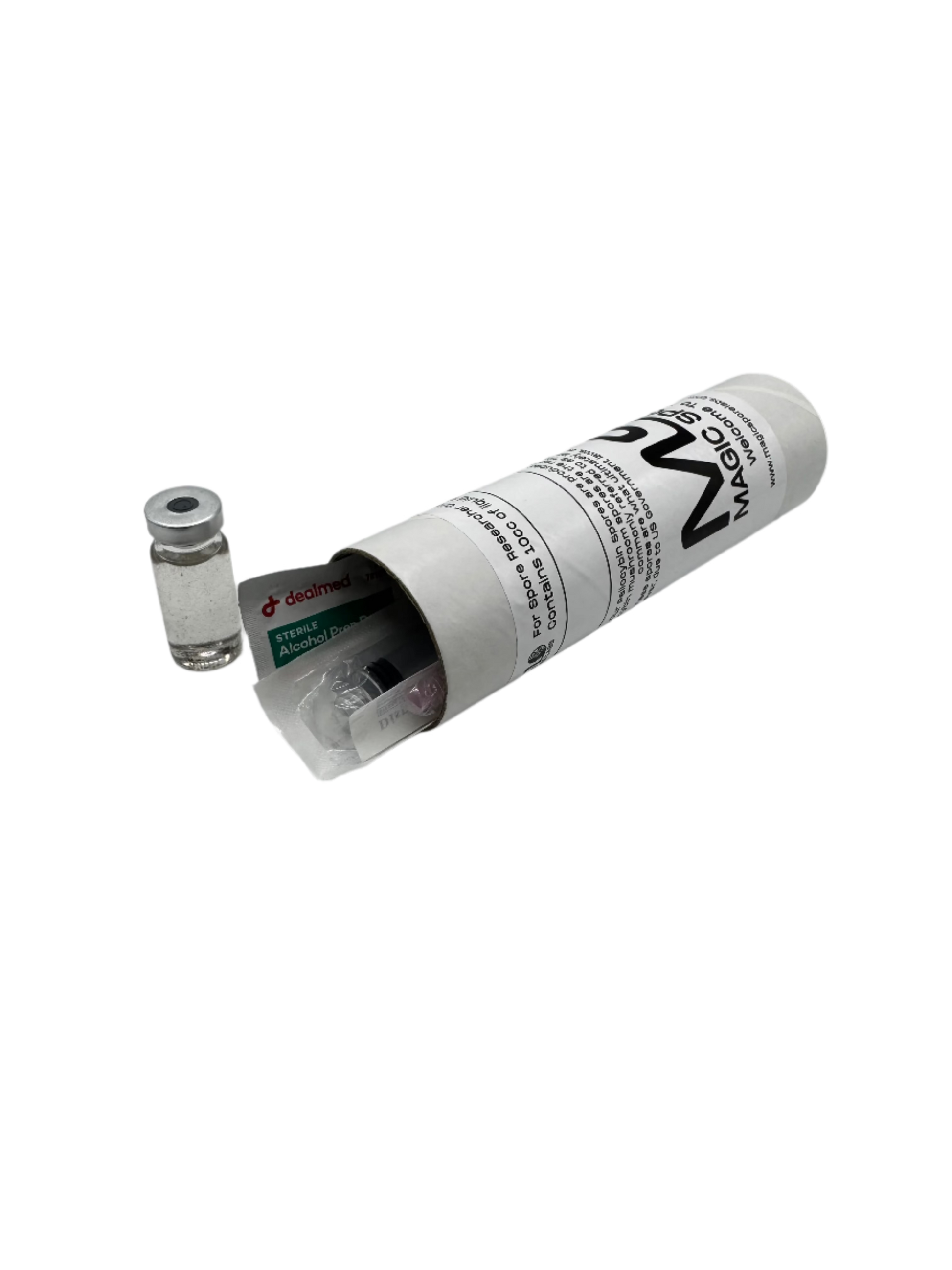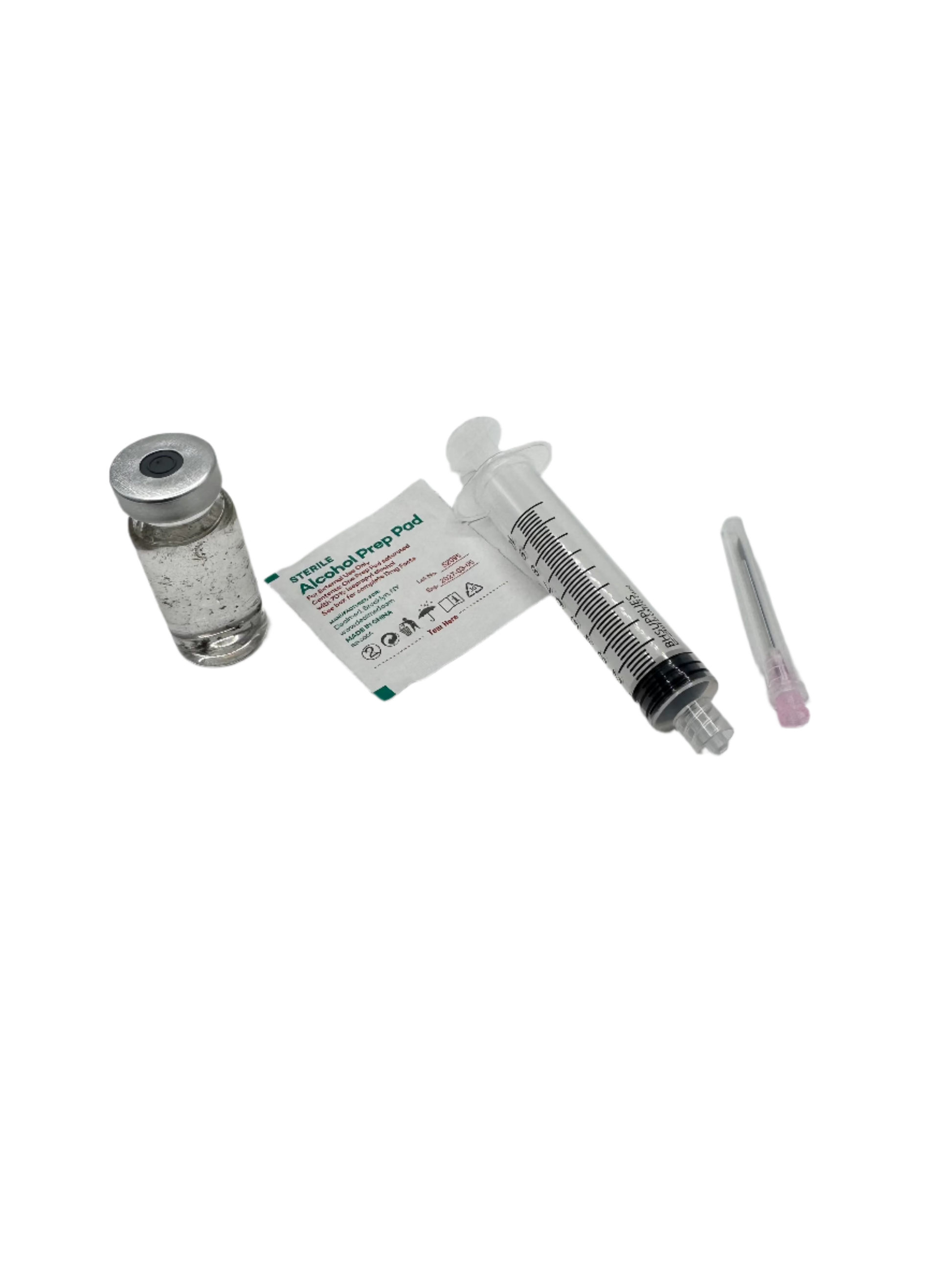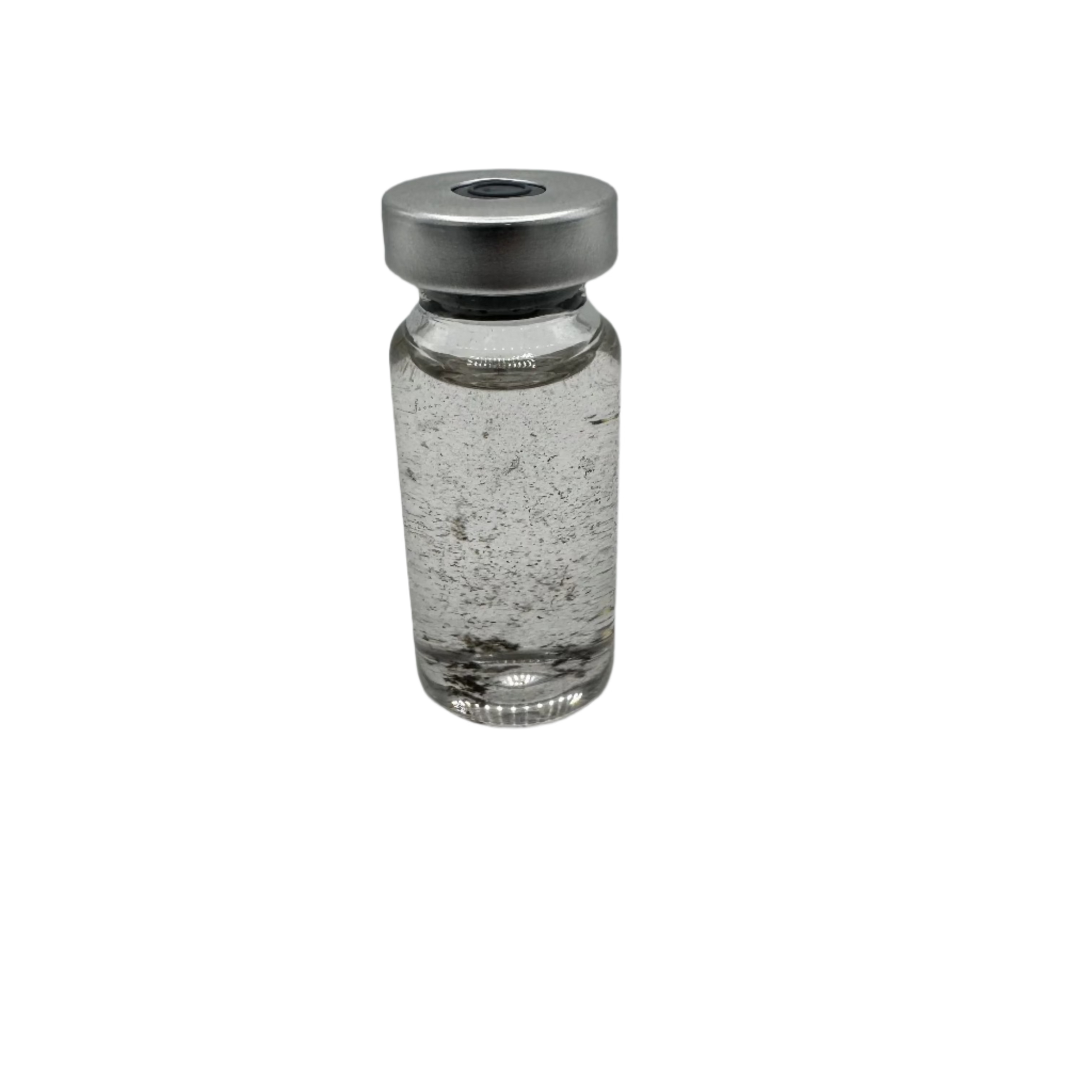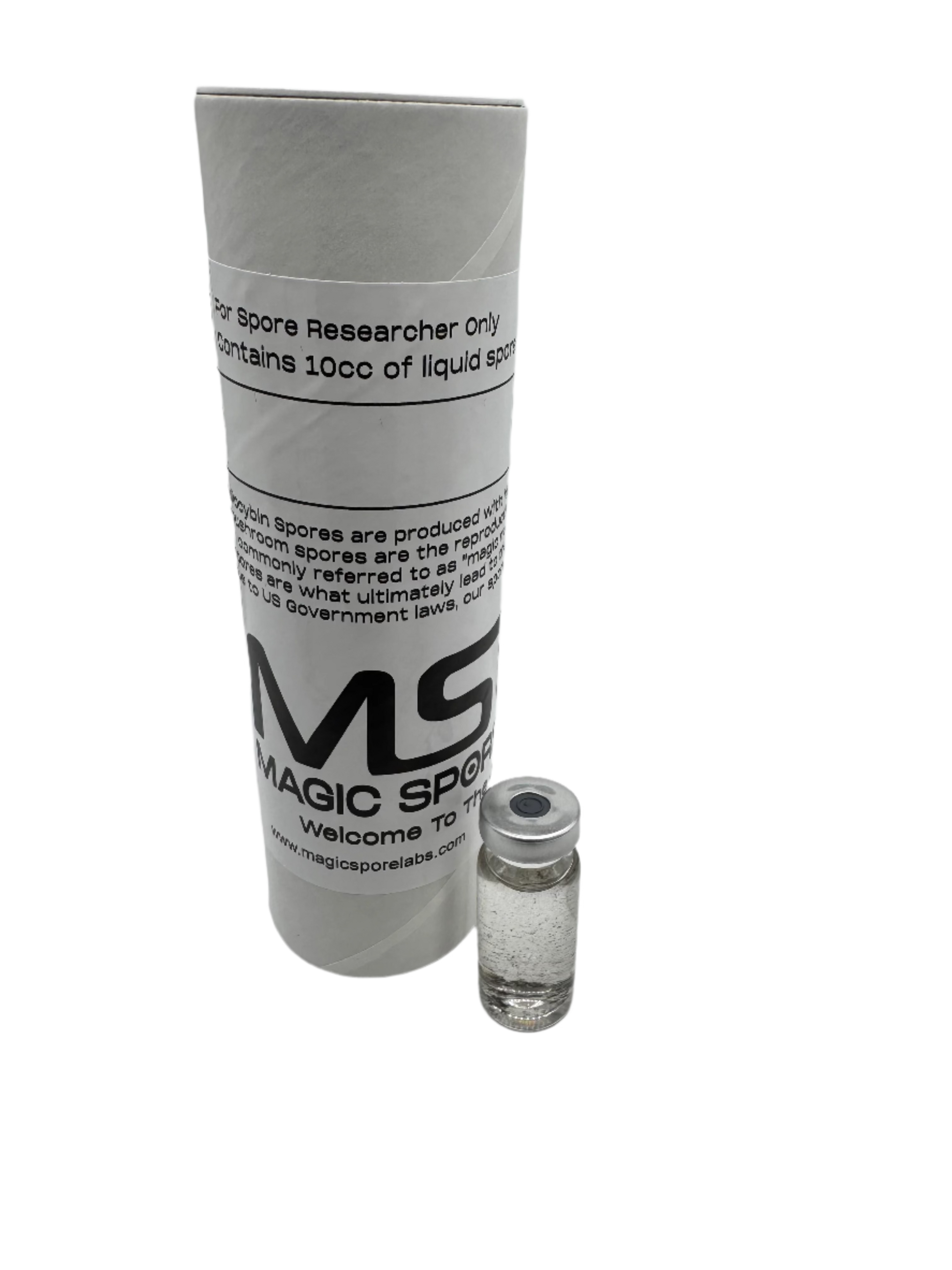Liquid Spore Pack 3-Pack
Liquid Spore Pack 3-Pack
Couldn't load pickup availability





Liquid Spore Pack 3-Pack
Liquid Spore Pack 3-Pack Review
We pick the strains for you. The world of mycology is fascinating, from discovering new species, creating new strains, and exploring the benefits and effects that they offer. We're well aware that your research efforts are important to you and we know that studying mushrooms and the evolution of mushroom-forming fungi is raining heavily in popularity, which is why we've created the Liquid Spore Pack 3-Pack.
The Liquid Spore Pack 3-Pack by Magic Spore Labs will surprise you from the best strains of Psilocybe cubensis spore syringes. We choose from a variety of strains, ranging from the rainforests Amazonian strain to the record-holding South American strain. We have a collection of the most popular strains for you to select.
Liquid Spore Strain Review
- Amazonian: A mushroom strain that originates from the Amazon rainforest and is one of the most popular choices for mushroom enthusiasts.
- Blue Meanie: A mushroom strain that originates in southeastern Australia and is recognized as one of the most potent hallucinogenic mushrooms to ever be shared in published research.
- Golden Mammoth: A mushroom strain that was invented by Canadian mycologist, SporePod. It's a mushroom that has a massive size.
- Golden Teacher: A mushroom strain that has mysterious origins, but has become one of the community's most popular strains because of its hallucinogenic properties.
- Jedi Mind Fock: A mushroom strain that is a fast colonizer and is considered to be one of the best choices for microscopy studies.
- PE #6: A mushroom strain that was released by mere accident has become one of the most popular choices for researchers due to its lineage and characteristics.
- South American: A mushroom strain that is known throughout the mushroom community as being the king of the South American mushrooms because it holds the record for the largest mushroom ever harvested.
Features and Specifications
- Psilocybe Cubensis
- 3 Strains
- Recommended For Spore Researchers
- Contains 10cc of Liquid Spores Per Syringe
- 1.5" 20 Gauge Sterile Dispensing Needle
Product Includes
- 3 x Liquid Spore 10cc Syringes
Share
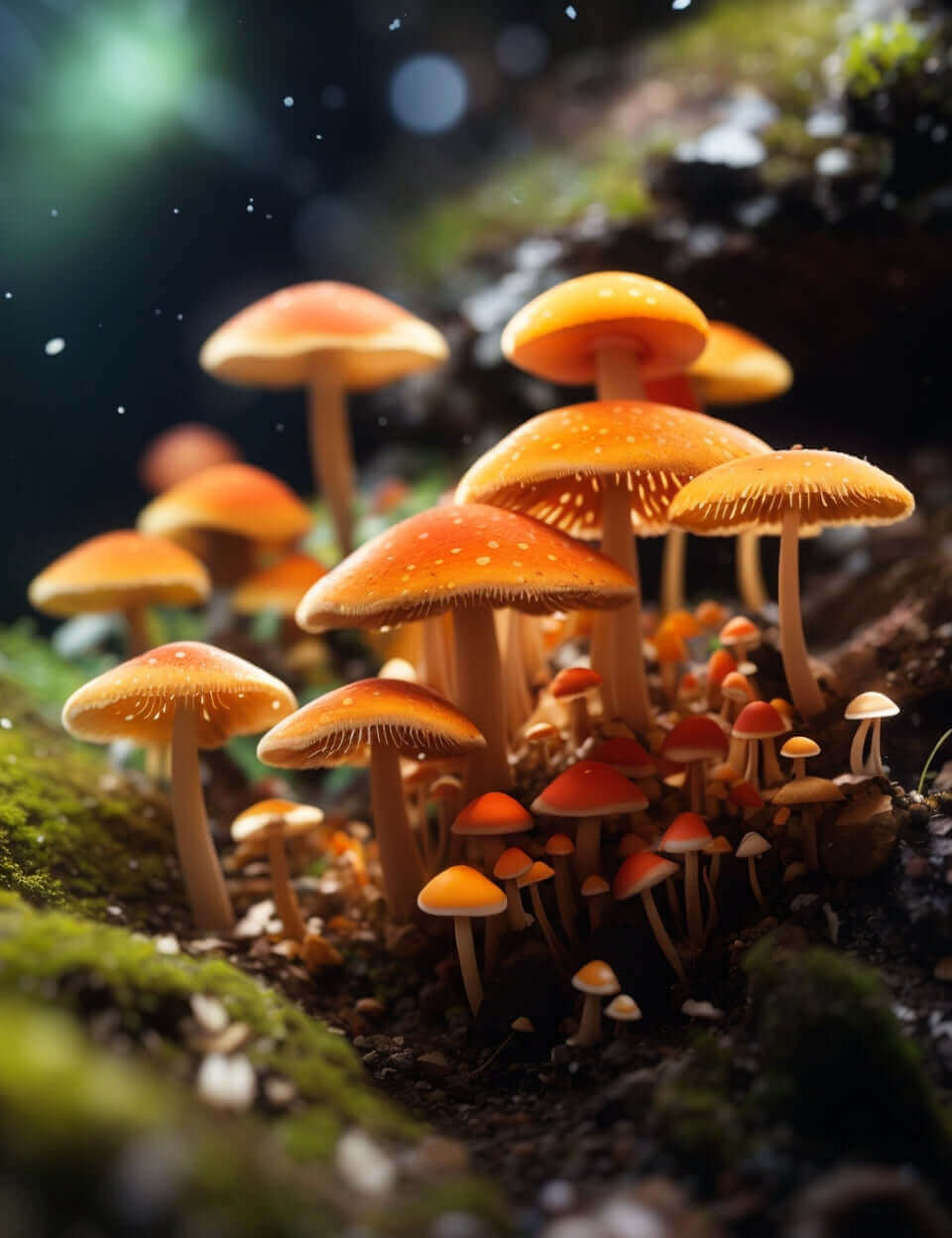
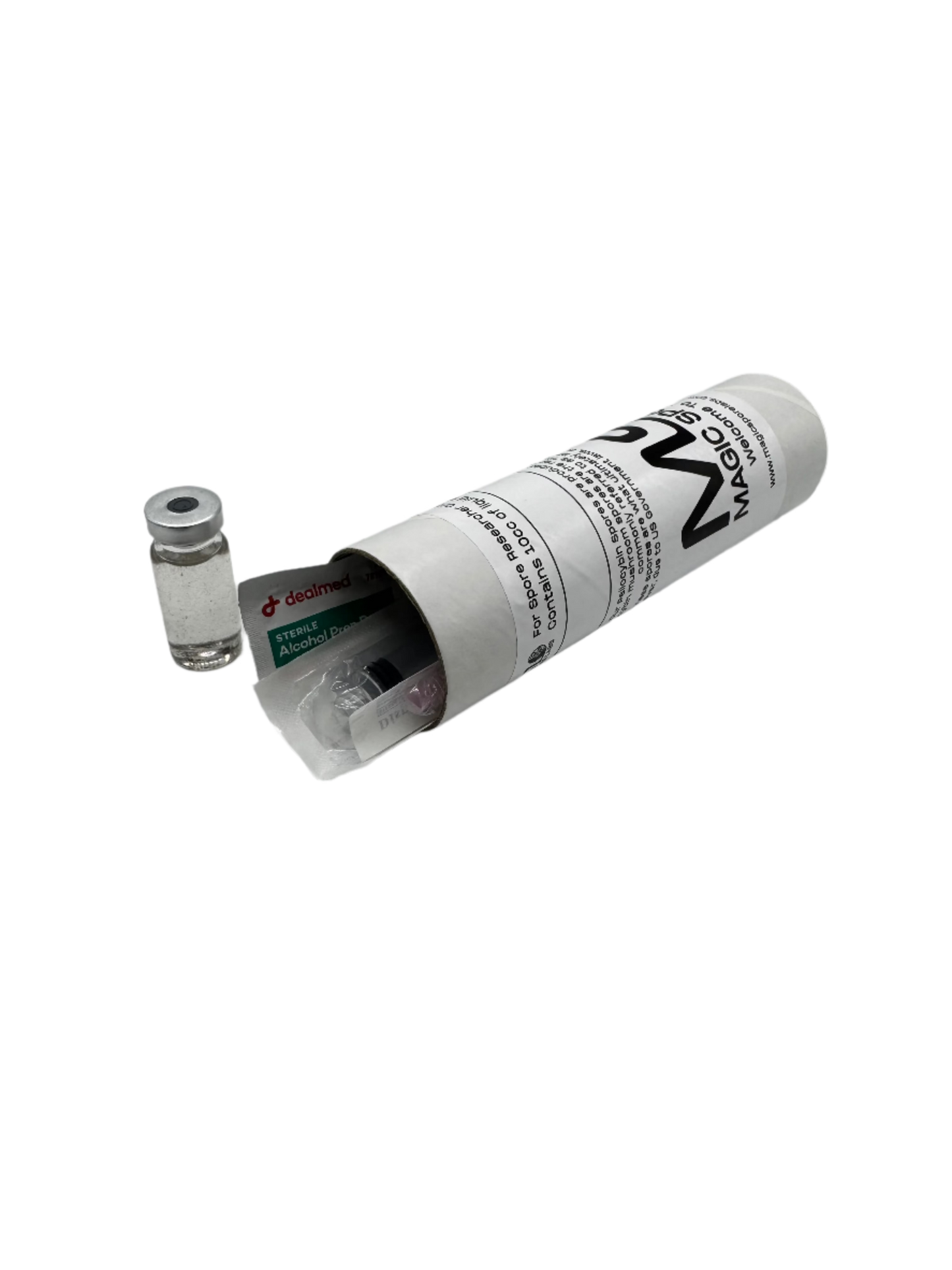
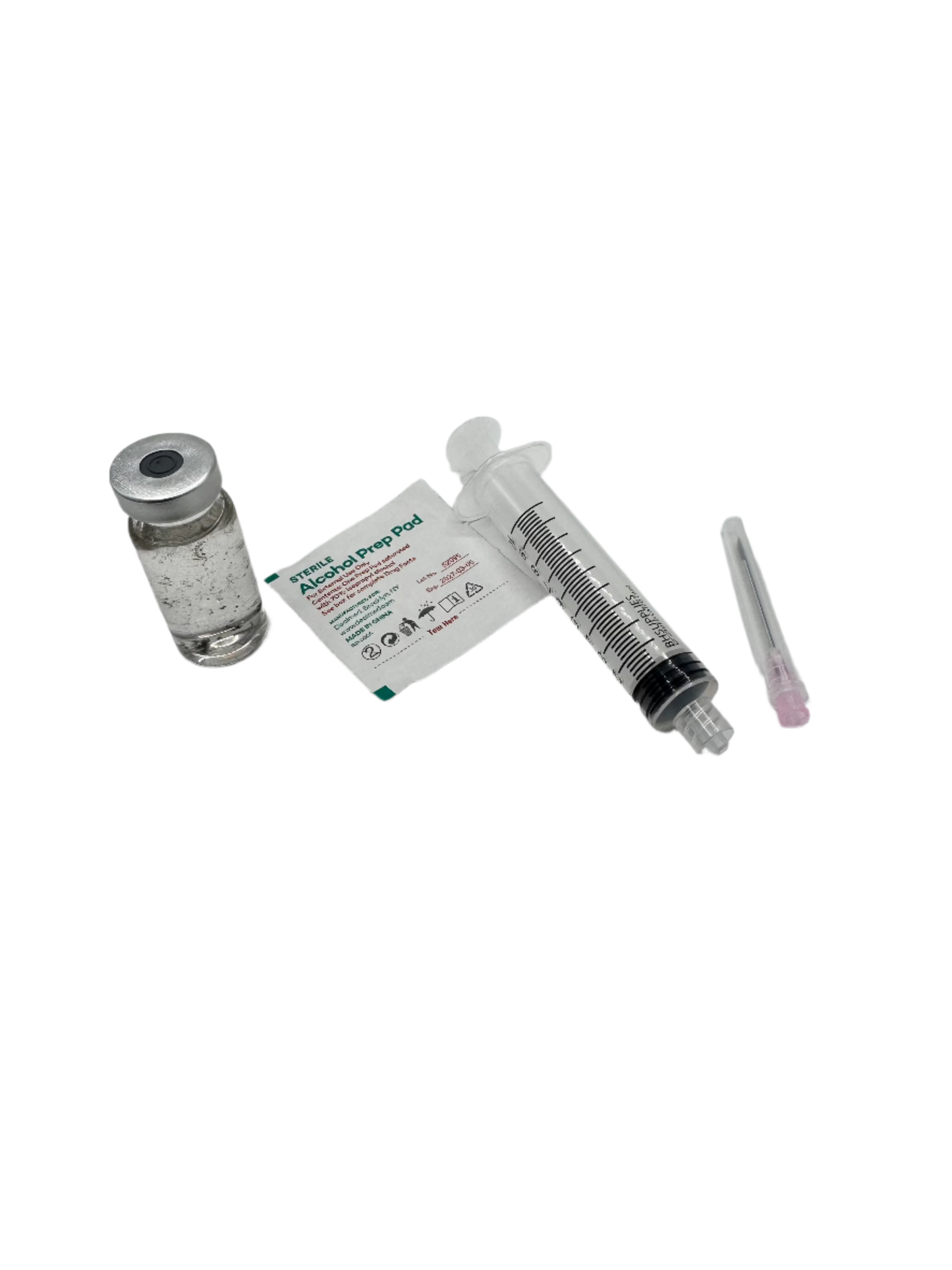
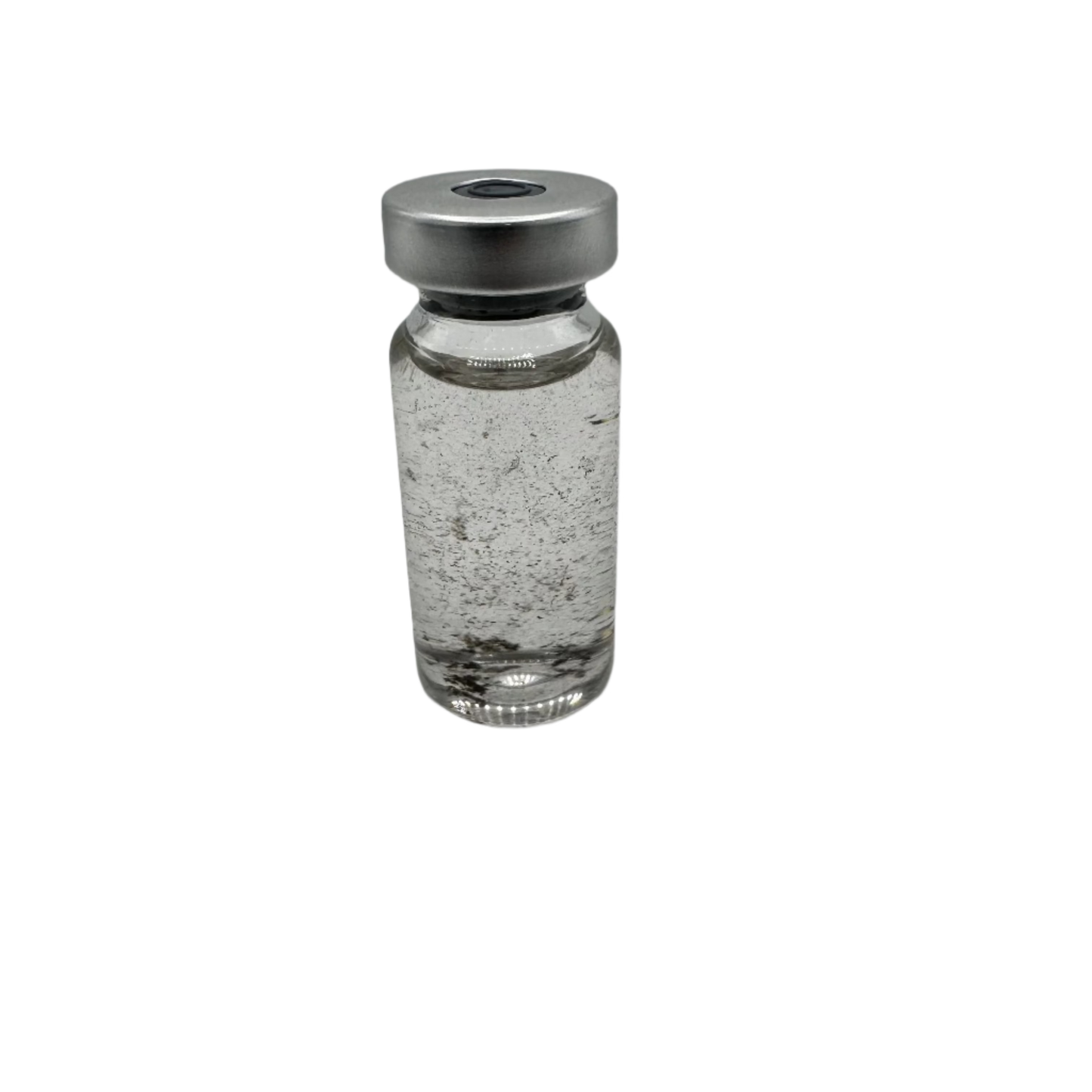
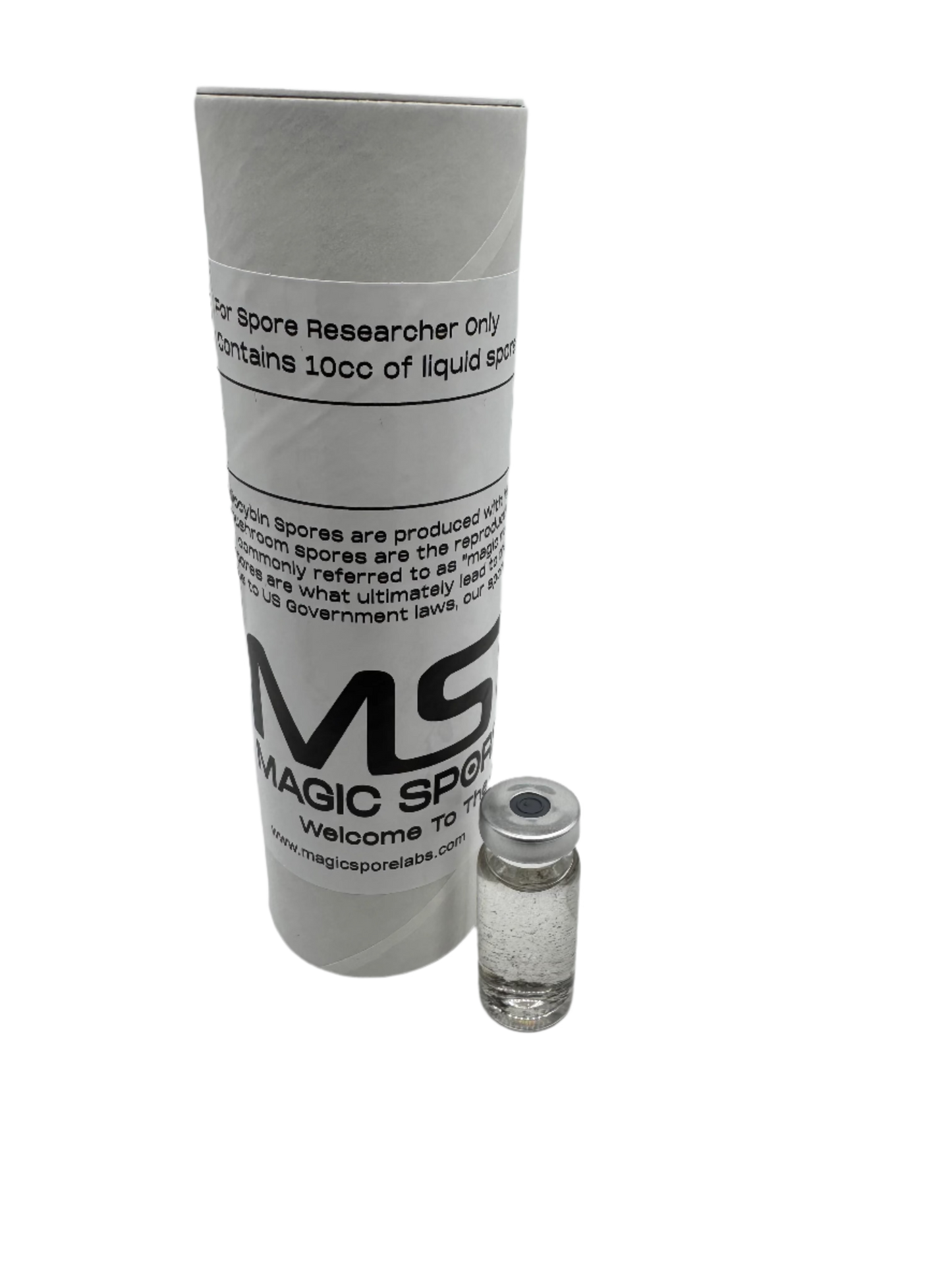
Great price fast delivery
Amazing customer service, great packaging. I made an error with my address on my order, and they corrected it immediately. Everything came quickly without any hiccups. Hopefully the products are as good as I think they are. Just inoculated so we will see.
I went to inoculate my substrate and found there to be no needles for my syringes. Needles would’ve been nice to have.
Very happy with the service and the product


